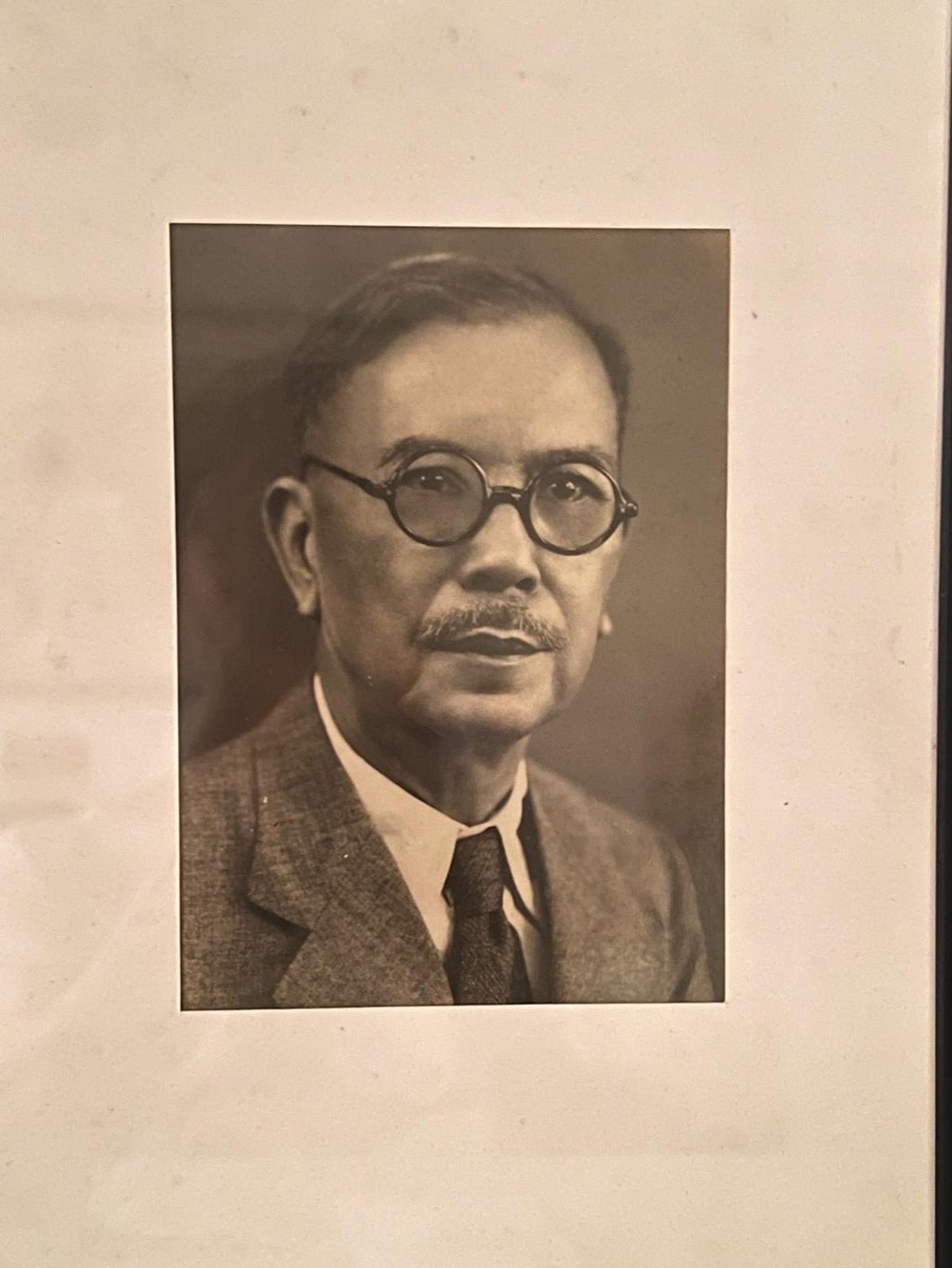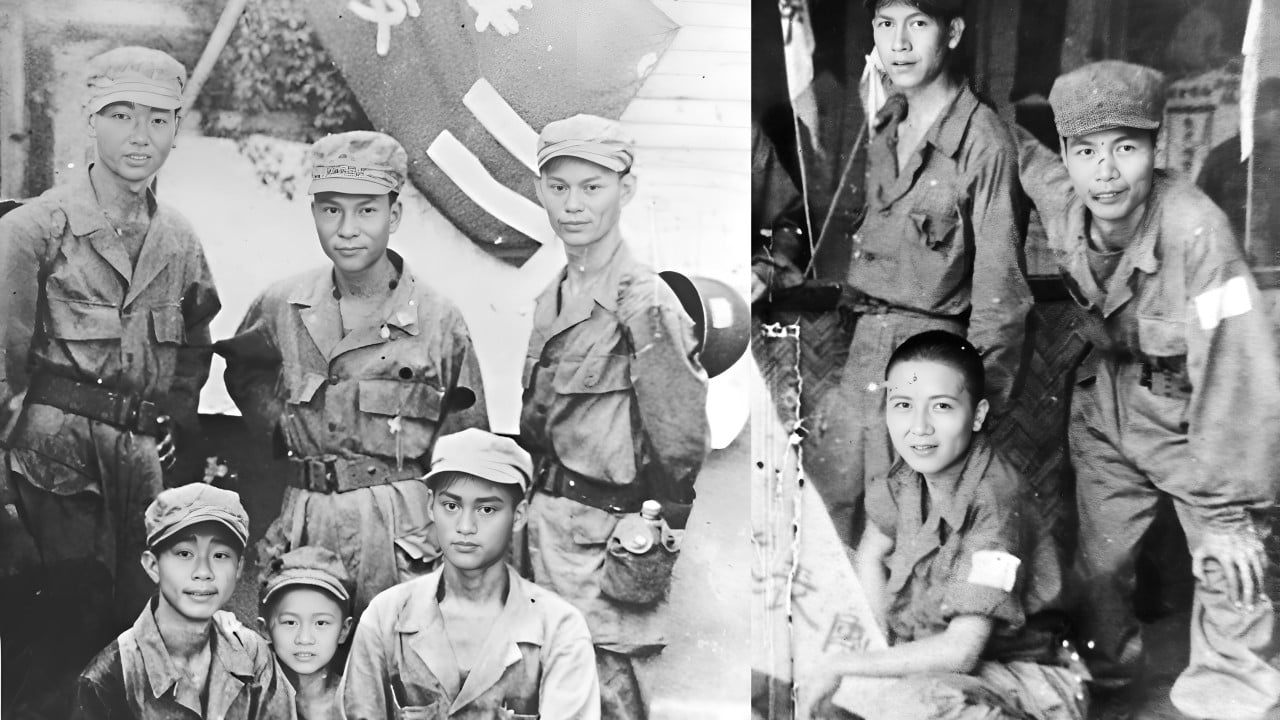In the struggle to keep the Chinese resistance movement supplied against the Japanese invasion, a dangerous, winding route was carved through the jungles and hills of eastern Myanmar into Yunnan province.
Advertisement
The Burma Road, a 1,200km-long lifeline as it became known, allowed goods to be shipped from Yangon (then Rangoon) and driven across the country into the interior of China, while its ports were blockaded by Japanese ships.
But the convoys needed drivers, mechanics and guides to make the treacherous journey through the slippery mountainous terrain, a route made more perilous by the Japanese bombers overhead.
And so Tan Kah Kee, a Fujian-born but Singapore-based businessman, recruited them – handfuls at first, then hundreds, as part of an extraordinary resistance effort by Southeast Asia’s Chinese diaspora to support the fight against Japan back home.
But from Malaysia to the Philippines, the heroics of the volunteer fighters, medical professionals, fundraisers and community organisers would also help knit Chinese migrants – often newcomers who moved for short-term work – into the new national stories of their adopted countries.
Advertisement
On Wednesday, China will mark the 80th anniversary of the end of World War II, giving a chance for those diaspora stories of heroism, suffering and resistance to be retold.


